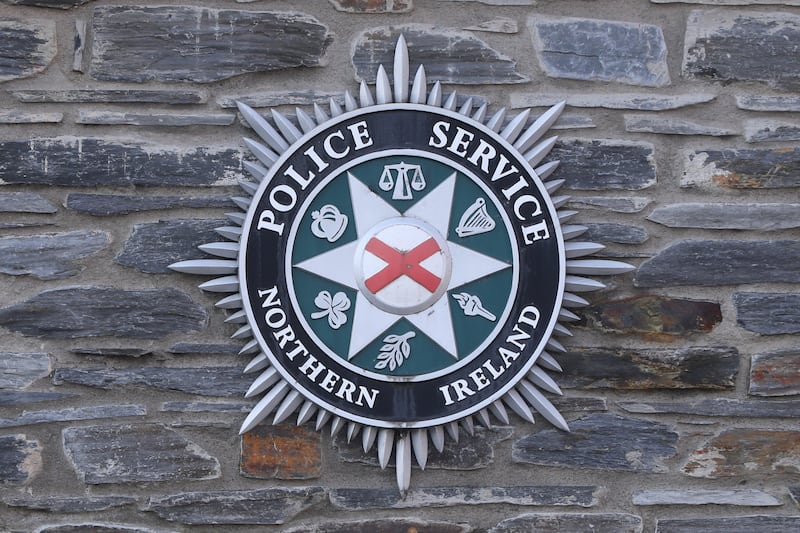Few of us will not have read, heard or watched stories about the appalling opioid crisis which has hit cities in north America on an unprecedented scale in recent years. In the US, six times more people now die from drug overdoses than at the turn of the century – that is over 100,000 lives lost every year.
However, we do not need to cross the Atlantic to see that current policies are not working to tackle addiction. In only one morning this week, I was contacted about open drug use or discarded needles thrown over school walls, in the alleyways behind businesses and in dense shrubs in public parks in Belfast City Centre.
These are not just uncomfortable reminders of the inequality rooted in our society, but also of people living through the debilitating and harmful effects of addiction. This is evidence right before our eyes of the need for change.
Read more:
- 'After years of abuse it just turns you into a freak' - North Belfast father speaks on overcoming 20-year cocaine addiction
- Cocaine haul worth 157 million euro is biggest drug seizure in Ireland's history
- Efforts to contain Northern Ireland's drug problem like 'sticking plaster over gaping wounds'
- PSNI warn of 'worrying demand' for drugs flooding Northern Ireland after nearly 9,000 seizures in past year
Fundamentally, what Northern Ireland needs is a strategy to tackle drug addiction which is wide-ranging but also specific to its own particular circumstances. This is yet another area where the legacy of conflict skews our social norms, with paramilitary 'diversification' and social marginalisation in particular areas leading to a marked increase in drug use and drug-related deaths.
Such a strategy would need to be wide-ranging, naturally drawing on experiences from elsewhere. One of the most notable strategies to tackle drug addiction was the sweeping reform in Portugal from 2001, which included so-called 'dissuasion commissions'.
It may be noted that other proposals, such as 'substance misuse courts', have also been tried but have demonstrated rather less evident benefit.
There is no question, however, that a core and beneficial component of the Portuguese response to the drugs crisis, and also the more successful responses in the US and Canada, has been the introduction of so-called 'safe injecting' or (more commonly on this side of the Atlantic) 'drug consumption' rooms.
As a result, the first of these was opened in the UK this month, in Glasgow.
So, although we cannot turn a blind eye to other issues, which impact on drug abuse in Northern Ireland, we can be relatively sure based on the evidence from elsewhere (and even now in a neighbouring jurisdiction) that 'drug consumption rooms' will be part of any successful strategy.
In parts of Europe and north America, they have already proven effective in reducing the rates of addiction, the scale of harm caused, and then in enabling people to get on the path to rehabilitation.
Fundamentally, as with any such interventions, we need to be moving swiftly towards tackling the root causes of drug addiction and abuse. We also need to be doing more to tackle the problem at source, by stopping producers and traffickers. However, we also need to be taking action for those who are already dependent to help them turn their lives around.
Devolved government should be seen not as a blockage but as an opportunity to face up to such challenges. We need to be back at work using our devolved powers to deliver new, more effective, evidence-based policies and plans which will tackle addiction and help those who are at most risk.








